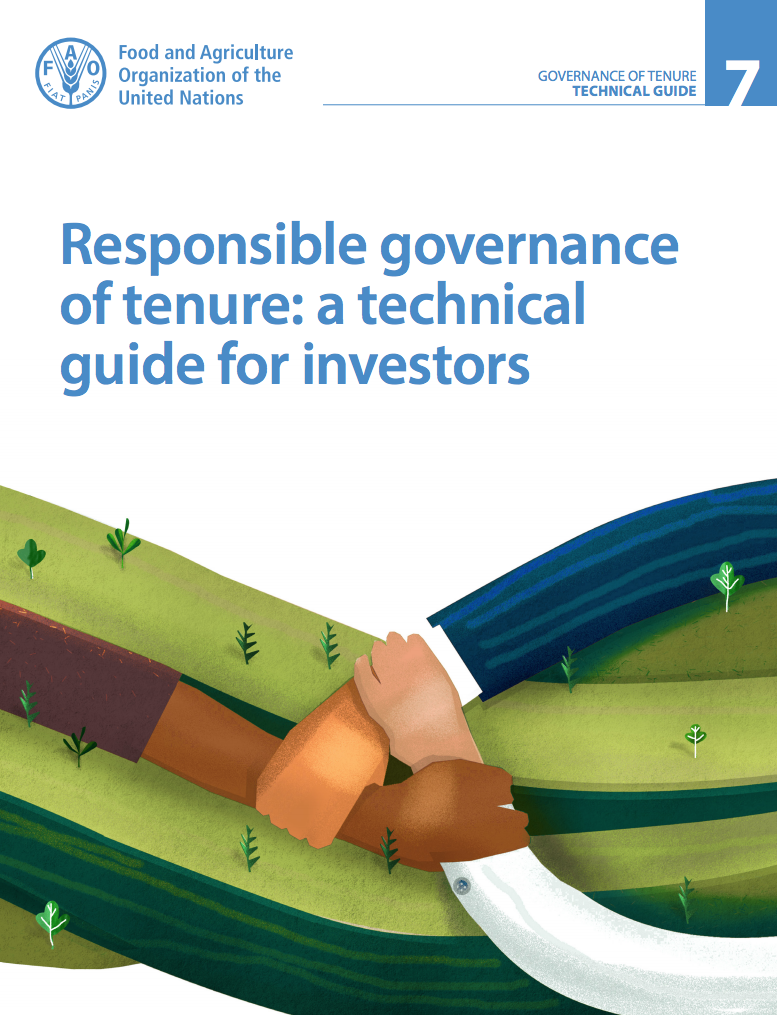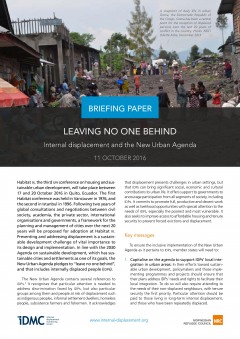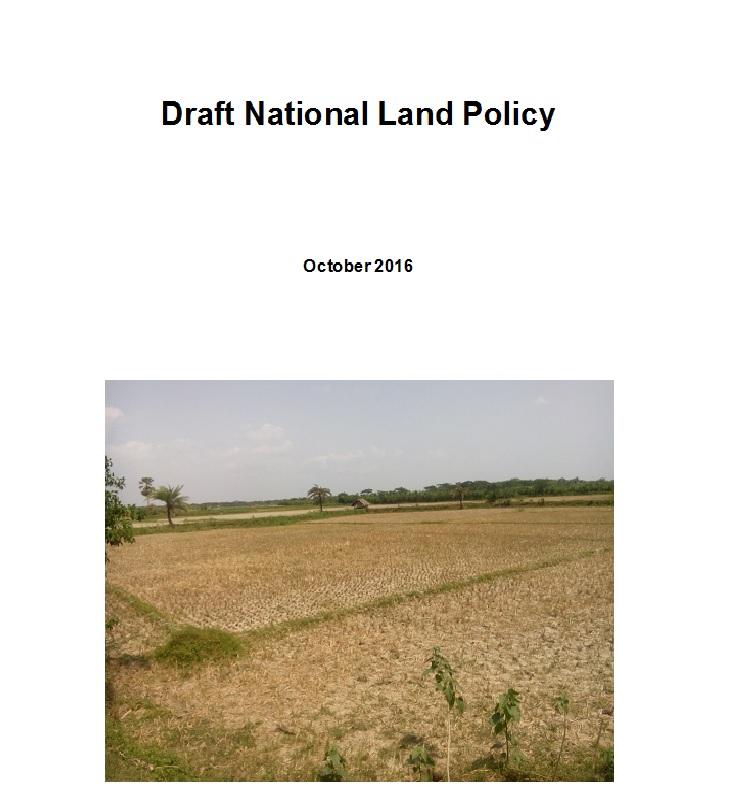Water Rights: An Assessment of Afghanistan’s Legal Framework Governing Water for Agriculture
“Water is the lifeblood of the people of Afghanistan, not just for living but also for the economy, which has traditionally been dominated by agriculture.” Nearly “80% of Afghanistan’s population derive their livelihood from the agriculture sector.” And, agriculture remains one of Afghanistan’s principal growth sectors.
'Land grabbing' and international investment law: toward a global reconfiguration of property?
This yearbook chapter discusses the link between international investment law and commercial pressures on the world’s natural resources. It argues that changes in legal frameworks are redefining control over natural resources, and facilitating transitions toward more commercialised land relations. As pressures on resources increase, many national laws undermine the rights of people impacted by investments. If not properly thought through, international treaties to protect foreign investment could compound shortcomings of local and national governance.
Responsible governance of tenure: a technical guide for investors
This document provides guidances on how businesses can respect legitimate tenure rights and human rights in their land-based investments. It
• translates principles of responsible land governance and tenure (see the VGGT) into practical mechanisms, processes and actions,
• gives examples of good practice – what has worked, where, why and how, and
• provides useful tools for activities such as the design of policy and reform processes, for the design of investment projects and for guiding interventions.
Leaving no one behind: internal displacement and the New Urban Agenda
Many internally displaced people (IDPs) find refuge in cities. However, the scale of global urban internal displacement caused by violence, conflict, disasters and development projects is unknown. Cities struggle to accommodate IDPs since their movements are largely spontaneous, and some authorities may resist helping IDPs for fear of encouraging further influxes. Meanwhile, IDPs face displacement-specific challenges to rebuild their lives in urban settings and may be displaced again in the process due to lack of housing tenure security and violence and insecurity.
Draft National Land Policy in Bangladesh
The Government of Bangladesh has been taking concrete measures to address the problems relating to land administration and management. At the same time, however, the Government recognizes that more needs to be done at the policy level to tackle crucial systemic anomalies. As it stands now, the complexity and magnitude of issues pertaining to land administration and management in Bangladesh cannot be overstated. The nature and volume of land disputes in the nation call for practical measures directed at improving the land administration and management system.
RANGELANDS IMPROVING THE IMPLEMENTATION OF LAND POLICY AND LEGISLATION IN PASTORAL AREAS OF TANZANIA
No.7 issue of the Rangelands Series goes through experiences of joint village land use agreements and planning.
Case Study: Farmer–Herder Conflicts in Burkina Faso, Côte d’Ivoire and Ghana
This chapter is a case study that tests hypotheses in order to determine if political factors can reduce violence in cases of climate-change-induced or -aggravated agro-pastoral conflicts over natural resources. Three West African countries were selected because of their common socio-economic and environmental characteristics and because they host comparable farmer–herder conflicts: Burkina Faso, Côte d’Ivoire and Ghana. The level of farmer–herder conflicts is estimated to have risen between 1960 and 2000 in the three countries.
RISD’s intervention in pro-poor land policy implementation in Rwanda
Impact of an intervention by the Rwanda Initiative for Sustainable Development (RISD) in contributing to the implementation of pro-poor and equitable land policies. Through evidence-based awareness raising efforts, dialogue, advocacy and networking, RISD was able to influence policy implementation and promote the land rights of poor and vulnerable groups, including women.
Мелиорация: научный журнал
The scientific journal was founded in 1951. The journal presents the results of research and practical advice on the issues of land reclamation and use of reclaimed lands. The journal is included in the list of scientific editions of the Republic of Belarus for the publication of results of dissertation research.
Management of less-favored areas and dispersal of agricultural fields by large-scale rice farmsThe case of the JA investment agriculture production corporation
Large-scale rice farms are continuing to expand in scale in Japan. However, the increase in the number and extent of these cultivated areas is considered to be problematic. Given its nature, the JA Investment Agriculture Production Corporation, in particular, has difficulty with declining investment in areas that are considered to be less-favorable for rice cultivation.
Enhancing Land-Use-Efficiency through Appropriate Land Policies in Ethiopia
The land tenure system has been a controversial issue in Ethiopia: The advocates of the existing land policy believe that if the farmers are given the right to own land privately and are allowed to sell, many farmers will become landless and exposed to various hardships. The critics argues that the existing land tenure arrangements has contributed towards increased degradation of farmers' land resulting in soil erosion and poor productivity level of various crops. Farmers with ownership right and secure land tenure are more likely to make long-term investment in their land.











